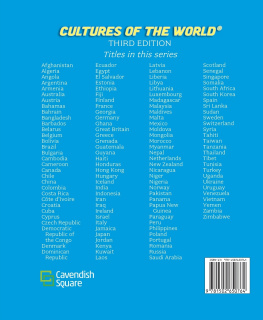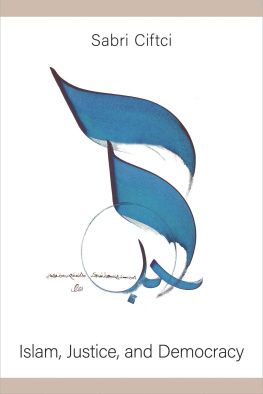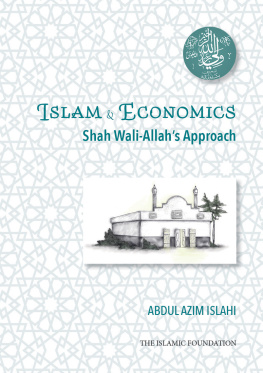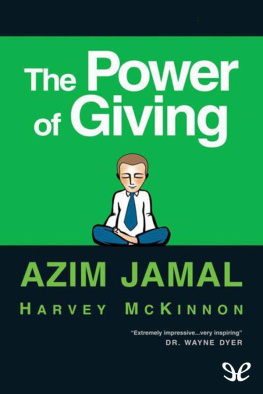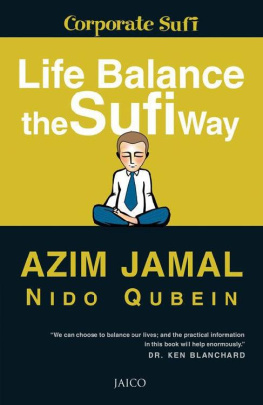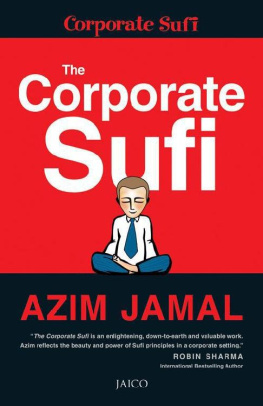Islam and Democracy in the Maldives
This book examines Islams relationship to democratization in the Indian Ocean nation of the Maldives. It explores how and why an electoral democracy based in a constitution that has many liberal features but also Islam-based limitations, especially lack of religious freedom, emerged in the country by 2009. In doing so, the book interrogates a major approach to Muslim politics that assumes reformist interpretations of Islam are a positive, and even a necessary, force for liberalization and democratization in Muslim-majority contexts.
This book shows reformist Islam did play certain positive roles in democratization in the Maldives. However, the book suggests reformist Islam may not be an invariably uncontroversial force in the space of politics. It argues that modern nation building in the Maldives shaped by political actors with reformist Islamic orientations, since around the 1930s, has also completely transformed Islam as a modern institutional and discursive political religion. These transformations of Islam as a modern political religion have existed as path-dependent constraints on the depth of democratization, ensuring religion-based limitations and intensifying controversy over religion vis--vis the state and individual rights.
An original empirical contribution towards a better understanding of Islam and politics in the Maldives, this book will be of interest to academics and students working on democracy, and Islam in particular, and in the fields of political science and area studies, especially South Asian politics.
Azim Zahir is a Research Fellow at the Centre for Muslim States and Societies, the University of Western Australia, Perth, Australia.
Islam and Democracy in the Maldives
Interrogating Reformist Islams Role in Politics
Azim Zahir
First published 2022
by Routledge
2 Park Square, Milton Park, Abingdon, Oxon OX14 4RN
and by Routledge
605 Third Avenue, New York, NY 10158
Routledge is an imprint of the Taylor & Francis Group, an informa business
2022 Azim Zahir
The right of Azim Zahir to be identified as author of this work has been asserted in accordance with sections 77 and 78 of the Copyright, Designs and Patents Act 1988.
All rights reserved. No part of this book may be reprinted or reproduced or utilised in any form or by any electronic, mechanical, or other means, now known or hereafter invented, including photocopying and recording, or in any information storage or retrieval system, without permission in writing from the publishers.
Trademark notice: Product or corporate names may be trademarks or registered trademarks, and are used only for identification and explanation without intent to infringe.
British Library Cataloguing-in-Publication Data
A catalogue record for this book is available from the British Library
Library of Congress Cataloging-in-Publication Data
Names: Zahir, Azim, author. Title: Islam and democracy in the
Maldives/Azim Zahir.
Description: 1. | New York: Routledge, 2021. |
Series: Routledge studies in South Asian politics |
Includes bibliographical references and index.
Identifiers: LCCN 2021035235 (print) | LCCN 2021035236 (ebook) |
ISBN 9781032015538 (hardback) | ISBN 9781003181453 (ebook)
Subjects: LCSH: IslamMaldives20th century. |
IslamMaldives21st century. | Islam and politicsMaldives. |
DemocracyMaldives. | DemocracyReligious aspectsIslam. |
MaldivesPolitics and government20th century. |
MaldivesPolitics and government21st century.
Classification: LCC BP63.M28 Z34 2021 (print) |
LCC BP63.M28 (ebook) | DDC 322/.1095495dc23
LC record available at https://lccn.loc.gov/2021035235
LC ebook record available at https://lccn.loc.gov/2021035236
ISBN: 978-1-032-01553-8 (hbk)
ISBN: 978-1-032-02010-5 (pbk)
ISBN: 978-1-003-18145-3 (ebk)
DOI: 10.4324/9781003181453
Typeset in Times New Roman
by Deanta Global Publishing Services, Chennai, India
Contents
Tables
Bhargavas framework for state-religion relations |
Summary analysis of 245 laws enacted between 1932 and 1978 |
Laws regulating religio-cultural rituals and custom |
Framework on religionstate nexus for analyzing Islams transformations into an institutional political religion |
100% Muslim nation meta-narrative in Gayooms National Day speeches |
Modernist Islam vs. Islamism/Salafism in the Maldives: key features |
Political parties registered between 2005 and 2008 |
A non-exhaustive list of external actors in the liberalization process |
Direct invocations of the 100% Muslim nation meta-narrative in the Constituent Assembly debates (a non-exhaustive list) |
Acknowledgements
This book is based on my PhD dissertation, completed in 2018, at the University of Western Australia. My research was funded by an Australian Government Research Training Program (RTP) Scholarship. I thank the Australian people for that and the AusAID scholarship I received for pursuing my masters degree at the University of Sydney. I am most grateful to my principal supervisor, Professor Samina Yasmeen, and the Centre for Muslim States and Societies at the University of Western Australia, for all the support I received throughout the doctoral research and afterwards. Dr Debra McDougall and Professor Graham Brown, my co-supervisors, played important roles in shaping up my research. I also thank UWAs Graduate Research School, Professor Steven Maras, and staff at the School of Social Sciences and Reid Library for all the support I received.
I am indebted to my family, friends, mentors, colleagues, and many scholars for what I am today. I would like to especially thank the late Mohamed Yazeed, who taught me the English language while I was a boy on a rural island in the Maldives. Many people read and provided valuable feedback to all the chapters. I would like to thank Professor Robert Hefner, Professor Mohamed Waseem, Professor Abdullah Saeed, Professor John Keane, Professor John Dryzek, Professor Ahmet Kuru, Professor Elizabeth Shakman Hurd, Professor Amin Saikal, Dr Hassan Hameed, Dr Ahmed Shahid, Dr Shamsul Falaah, and Ibrahim Thayyib. I also appreciate the support and interaction with Dr Amanda Wolf, Professor Nikolas Kompridis, Professor George Crowder, Professor Daniel Celermajer, Professor Alexandre Lefevbre, Dr Nasser Ghobadzadeh, Professor Shahram Akbarzadeh, the late Saba Mahmood, Uz. Husnu Suood, and Ibrahim Ismail. Both Suood and Ismail, members of the Maldivian Constituent Assembly, had several exchanges with me, clarifying many queries I had. I would also like to thank Professor Douglas Schmeiser for clarifications on the drafting process of the 2008 Maldivian Constitution.
My sincere appreciation also goes to those who helped me during the fieldwork in the Maldives. A special thanks to Forme for his immense help during the fieldwork, including setting up interviews and the trip I made to Maafushi island. I also thank the staff at the Maldivian National Centre for Linguistics and Historical Research, Nasima Mohamed, the late Ali Hussain, and the late Mohamed Waheed Nadhwee. Many other colleagues have helped me in the past several years: Dr Leila Ben Mcharek, Oliver, Kane, Flavia, Ke Zhu, Amjed, Ella, Ismail, Ridwan, Sahar, and Endah. Dr Farooq Yousaf provided invaluable tips in getting the thesis published as a book. Many more friends in the Maldives and in Perth also helped in more ways than I could specify here. I would like to thank them all.



